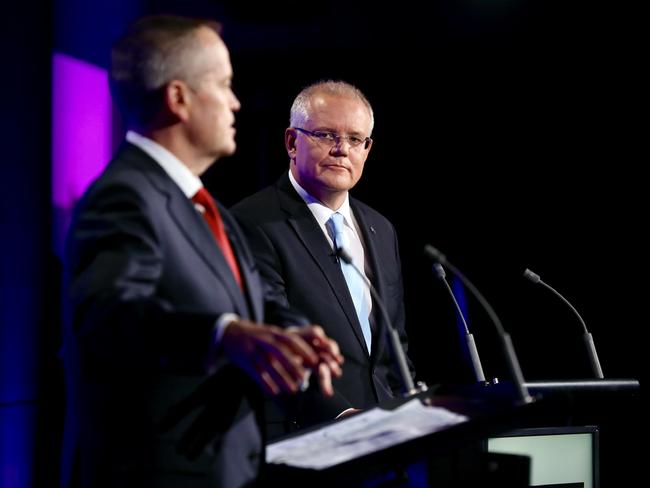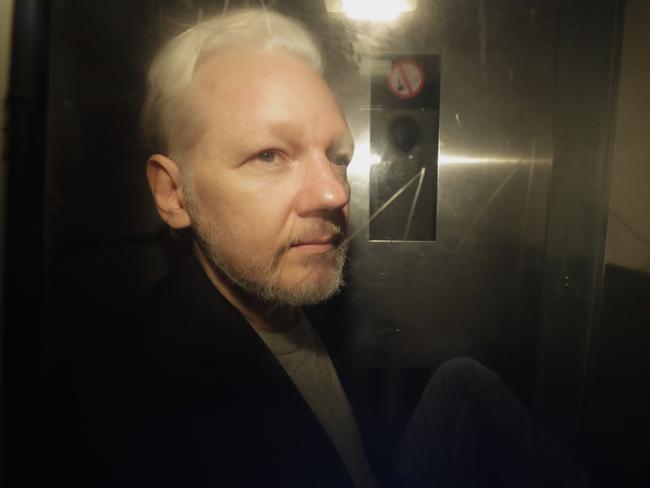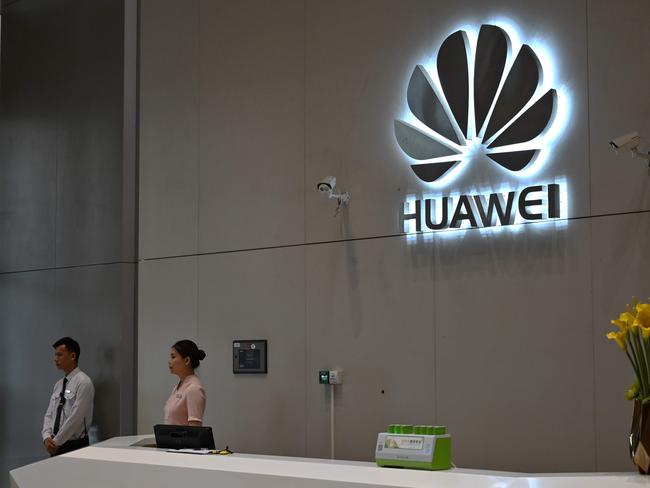Chinese, Russian trolls tried to influence 2019 Federal Election
Chinese and Russian trolls linked to propaganda sites tried to use climate alarmism and other controversies to influence the 2019 federal election, The Daily Telegraph can reveal.
NSW
Don't miss out on the headlines from NSW. Followed categories will be added to My News.
Online trolls linked to Chinese and Russian propaganda sites tried to use climate alarmism and other controversial issues to create anxiety among Australian voters and influence the federal election, experts have warned.
University of Canberra researchers analysed thousands of tweets from accounts that promoted links to state-sponsored propaganda outlets from Russia and the People’s Republic of China in the six weeks leading up to the 2019 election and found while neither tried to influence voters towards a particular party, they did attempt to raise the profile of several controversial issues.

Freeing Julian Assange, denouncing the ban on Chinese technology company Huawei from Australia’s 5G mobile network and stoking climate change panic were among the topics promoted by the trolls.
In a submission to the joint standing committee on electoral matters, the university professors revealed “coral bleaching,” “racing extinction” and “Huawei” were among the top 50 hashtags used by Chinese trolls.
While Russians’ key words included “Assange,” “freedom” and “wikileaks”.
Both groups used common references to Australian politics such as “auspol”.
Associate professor for the Institute of Governance and Policy Analysis Michael Jensen told The Daily Telegraph foreign influencers could seek to create panic about climate change among voters as part of a “long game”.

“When people are more anxious, they are less willing to provide support behind government policies and initiatives, they tend to be more polarised, they are less willing to make sacrifices on behalf of the public good,” he said.
MORE NEWS
‘I’ve killed someone … they’re coming for me’
Photos that sparked alleged bikie hit job
Sarah Hanson-Young wins defamation case
“This has two benefits for actors like Russia and the PRC … it shows that democracies are not effective at governing which makes their systems look good by comparison and reduces the appeal of democratic countries such as the US or Australia reduces their ability to have influence around the world.”

Mr Jensen said while it was not possible to connect the tweets directly to the foreign governments, the use of links to propaganda sites was often a sign of “covert trolls”.
“I do not think Russia saw any strategic benefit to an election win by either the Coalition or Labor,” he said.
“In relation to the PRC data, I am less sure as they did favour a Labor win.”
In the submission the researchers said it was possible Chinese influence was not as significant this time because the trolls already believed Labor would win the election.
“If this was the reason, we can expect that PRC will be more active during the term of this current government and during the subsequent election,” the submission said.
Originally published as Chinese, Russian trolls tried to influence 2019 Federal Election
